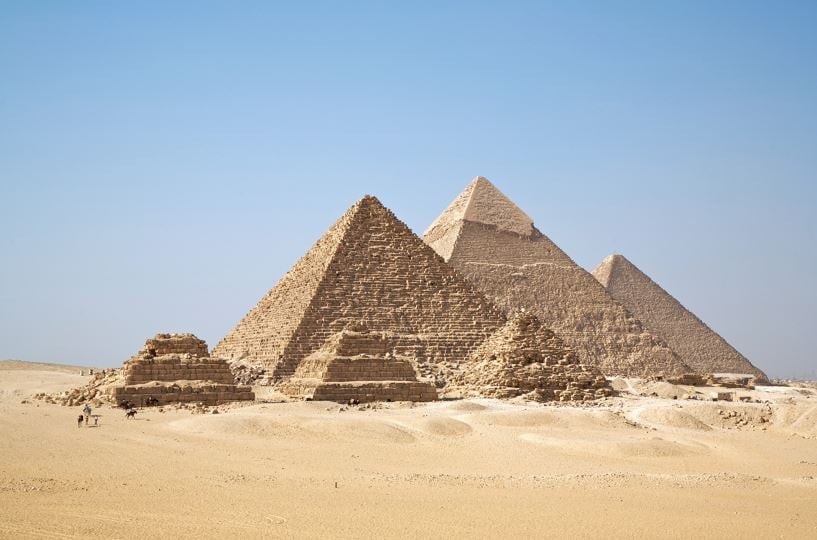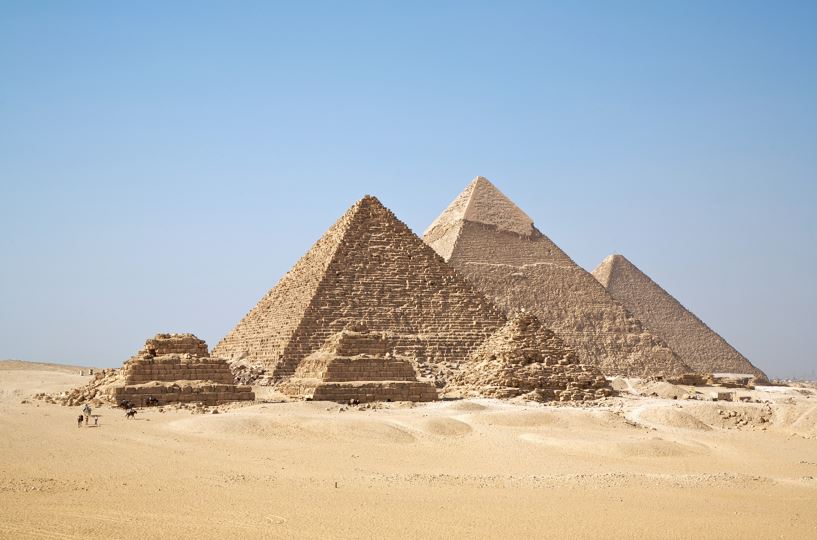
Despite wars in Syria and Yemen and stereotypes about security and healthcare, the Middle East and Africa continue to enjoy solid growth in travel and tourism, with departures from the region estimated to grow at a 5.6% CAGR between 2019 and 2024. Tourism remains a major area of interest for Saudi Arabia as it seeks to reduce its dependence on the oil market. The country is opening up to non-Muslim tourists, with a focus on sustainable luxury development and its new tourist visa regime. The growth of tourism has also accelerated thanks to the new flows of Chinese and Russians, despite the blockade of Qatar which has interrupted diplomatic relations.
In the Middle East, the majority of travel research and booking activity still occurs offline, although online travel activity is growing exponentially with the presence of some things like Jordan and Egypt Tours. The United Arab Emirates is the most digitally developed country in the Arab world, thanks to a technologically advanced population, dominated by expatriates with high purchasing power.
Abu Dhabi has launched several initiatives to incentivize and support digital entrepreneurs, such as a consortium with organizations such as the Department of Culture and Tourism, Etihad Aviation Group, and venture capital firm Wamda Capital which has developed an accelerator program for startups -up with a tourist focus.
Dubai’s Department of Tourism and Commerce Marketing (DTCM) has launched the third edition of the Futurism Program, an accelerator program for technology start-ups globally with the aim of creating distinct tourism experiences. DTCM wants to encourage start-ups to develop products and solutions in hyper-personalization, digitalization operations, and conscious travel.
Tourism Development in Africa, Between Long-term Projects and Female Entrepreneurship
While in Central Africa, the Democratic Republic of Congo was hit in 2019 by an Ebola epidemic which has so far caused the death of 1,998 people, and countries such as Chad and Sierra Leone are highly unstable, elsewhere they seem to focus everything on tourism. The Maghreb countries continue their growth and Egypt is definitely recovering, with the Ministry of Tourism opening up to a collaboration with TripAdvisor and Saudi Arabia for the development of the Red Sea Project. The country is also focusing on the new markets of India, China, and South Korea, as well as encouraging key markets such as the UK to return, promoting safety and improving quality standards of hotels, particularly for luxury.
Ghana has implemented a 15-year strategy aimed at increasing the number of arrivals, through marketing the country as a tourist destination, improving data collection systems, expanding tourism infrastructure and domestic flights, and improving highways, electricity, and water supplies. 2019 was the year of the “Year of Return” tourism campaign, commemorating 400 years since the first enslaved Africans arrived in Jamestown, Virginia. The government has conducted a massive marketing campaign aimed at African Americans, in collaboration with projects like those seen in the last post. In Senegal, tourism is one of the strategic sectors of the Emerging Plan for Senegal (ESP), launched in 2013 to position the country as an emerging economy by 2035.
In general, Africa and the Middle East are two regions that continue to improve and increase their potential in the tourism sector. However, economic conditions are the determining factor.
Interesting Related Article: “Dubai has become a major Middle East venue for myriad events“









